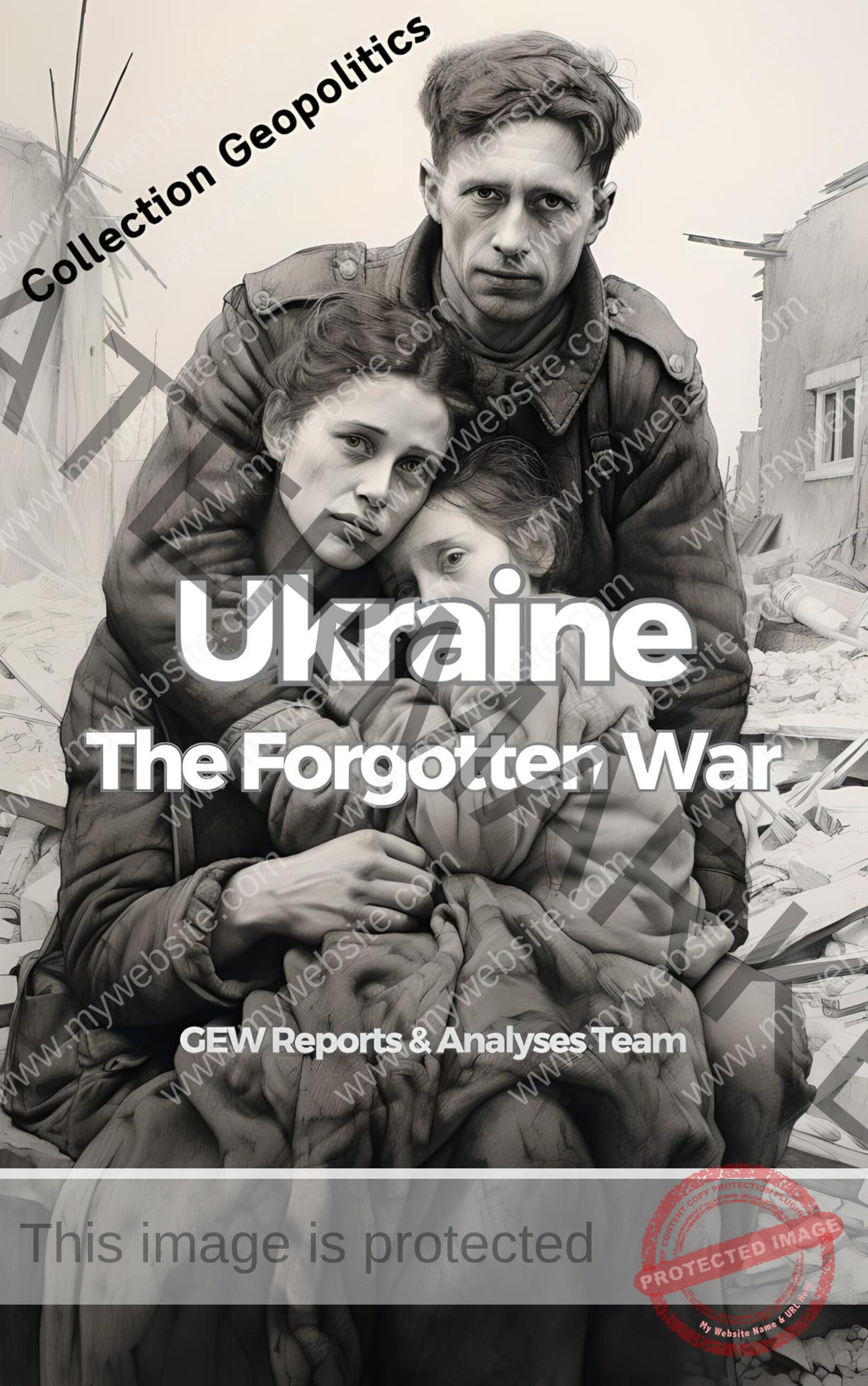GEW Briefing
Abstract
This paper intends to highlight the untold connections between the Israeli Gaza invasion project, the Holy mosque destruction that has already started, and potential consequences for Europe, geographically the closest Israeli supporter. We shed light on the Al-Aqsa Mosque\’s significance for Muslims worldwide and the potential geopolitical ramifications of any perceived threat to its holiness. The analysis considers grassroots movements, public opinion in Muslim-majority nations, and the views of European Muslim populations. It urges European engagement as soon as possible to prevent further escalation of tensions, which might have far-reaching effects, even for Europe. The US-Israelo axis has started an assault on Gaza, but Israel will not stop there. It aims to annihilate any resistance (Islamic resistance, first) to its project of destroying the Al-Aqsa Mosque in Jerusalem.
Introduction
The Al-Aqsa Mosque in Jerusalem is more than just a tourist attraction; it is a symbol of faith for Muslims worldwide. The mosque is the third holiest location in Islam and the first of two Qiblahs (prayer directions). Any perceived threat to Al-Aqsa can thus serve as a rallying point for Muslims worldwide. This briefing aims to give a concentrated analysis highlighting the depth of this attachment and examine the geopolitical implications, notably for Europe.
Religious Significance
The First Qiblah
Before relocating the Qiblah to Mecca, Muslims worshipped facing Jerusalem. This historical feature adds to the significance of the Al-Aqsa Mosque (Armstrong, 1996).
The Third Holiest Site
Al-Aqsa is the third holiest location in Islam, after Mecca and Medina. It is supposed to be the location from when Prophet Muhammad (Peace Be Upon Him) rose to heaven during the Night Journey (Isra and Mi\’raj) (Sardar, 2014).
Public Opinion and Grassroots Movements
Muslim-majority Countries
Public sympathy towards Al-Aqsa is high in Muslim-majority countries, as seen by enormous rallies and demonstrations when the site is perceived to be under threat (Ayoob, 2017).
Muslim Communities in Europe
Through peaceful marches and internet initiatives, European Muslim communities have demonstrated solidarity. However, given the correct spark, these feelings have the potential to evolve into civil disturbance (Roy, 2005).
Geopolitical Implications
Regional Stability
Any threat to Al-Aqsa can ignite a broader regional conflict. This is not only about Israel and the Palestinians; it might also involve Turkey, Iran, Egypt, Saudi Arabia, and many Muslim countries in Asia and Africa (Dalacoura, 2019). A disturbance that is not wished by Western embassies in these countries, nor by the European nations. In this context, transnational extremist groups will resort to asymmetric war against Western assets, persons, and interests across the globe.
Global Repercussions
The consequences will be far-reaching if the Middle East gets even more destabilised, if Israel invades Gaza. The massacre of the Palestinian population, with the support and under the watch of the USA and Europe, will not go unpunished. In today\’s interconnected world, repercussions could take many forms, including terrorism, refugee crises, and economic volatility (Huntington, 1996).
Europe at a Crossroads
Given Europe\’s geographic and political proximity to the Middle East, any conflict escalation poses a direct threat. New waves of refugees will invade Europe\’s littoral, and it will be more and more difficult to stop them. The only way to stop such a human tsunami is to stop Israel before it commits the unforgivable. Europe is close to the Middle East. If the USA has vested interests in Israeli military operations, Europe has distinct interests and can lose significantly in widespread instability or conflict (Gerges, 2018).
Policy Recommendations
1. Europe should play a proactive role: stop watching and supporting the Israeli thirst for blood, and do everything possible to stop Netanyahu. The Europeans have several means to do so. They should use them now for their interests. Their people will suffer if Israel invades Gaza because a massacre will ensue.
2. European Diplomacy: should lead in mediating between Israel and the Palestinians, focusing on maintaining the status quo at religious sites. The USA today has no credit left in the Arab and Muslim world. Europe should step in and lead the negotiations.
3. Engagement with Muslim Communities: Diplomatic channels should be available to gauge and address emotions both within Europe and throughout the Muslim world.
4. Multilateral Approaches: Europe should collaborate with international organisations to put diplomatic pressure on Israel to maintain the status quo concerning holy sites.
Conclusion
Destroying Gaza as Netanyahu and even Ehud Olmert put it plainly, should not be allowed by people of common sense. This thirst for blood and vengeance will only bring death and destruction everywhere, not just in Palestine. It will serve as a moral and religious justification for groups and individuals over which governments have no control. Today, it is Gaza; tomorrow, it is Jerusalem, Paris, London, Washington, Berlin, etc.
Stopping the Israeli blind vengeance now will prevent further vengeance, because there is no end to it when it starts.
The holiness of the Al-Aqsa Mosque is a deeply personal matter for Muslims all around the world. Given the religious, social, and political implications, this issue deserves quick and thorough consideration. Europe has an opportunity and an obligation to intervene and de-escalate the situation due to its closeness and divergent interests from the far-right Israeli government.
References
– Armstrong, K. (1996). *Jerusalem: One City, Three Faiths*. Ballantine Books.
– Ayoob, M. (2017). *The Many Faces of Political Islam*. University of Michigan Press.
– Dalacoura, K. (2019). *Islamist Terrorism and Democracy in the Middle East*. Cambridge University Press.
– Gerges, F. A. (2018). *Making the Arab World*. Princeton University Press.
– Huntington, S. P. (1996). *The Clash of Civilizations and the Remaking of World Order*. Simon & Schuster.
– Roy, O. (2005). *Globalized Islam: The Search for a New Ummah*. Columbia University Press.
– Sardar, Z. (2014). *Mecca: The Sacred City*. Bloomsbury.

